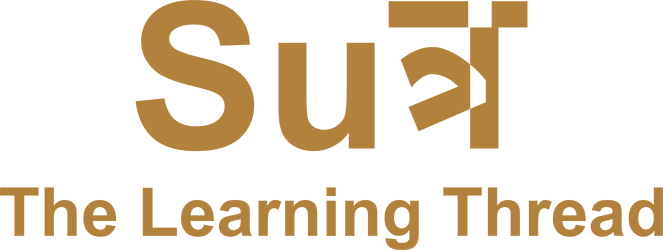Course Structure
International Montessori Teacher Training Program

Fee Structure
Course Fee (Rs. 40,000/-) + Registration Charges + Examination Charges
What does this Include
- Tuition fees
- Study material
- Extensive learning on Kindergarten Phonics
- Different approaches learning of developing lesson plans
- Workshop on Teacher Tools apart from Specialization in Montessori.
Mode of Payment
- Diploma Charges can be paid by Cash / Cheque / DD. The payment link will be forwarded with the registration confirmation.
For more information about the course fee and payment options:
Call us +91 9717071207
Write to us [email protected]
Or Fill the following form
Course Structure
Our course has been scientifically designed by the IMTTI team with the aim of providing a comprehensive understanding of the Montessori Method and an insight into the applications of the Montessori Tools.
CHILD PSYCHOLOGY
A study of the human development from birth to adulthood, the physical and psychology aspects of the child between three and six years. Dr. Maria Montessori refined her theory of child psychology, borrowing heavily from the sciences of biology and psychology. She described childhood as a process in which a hidden but definite plan of nature unfolds as the child works to create the adult personality.
MONTESSORI PHILOSOPHY
Special emphasis is placed on the concepts of Montessori principles, such as the ‘Absorbent Mind’, ‘Sensitive Periods’ and the ‘Human Tendencies’, which are the subconscious powers, which guide the child in his self-construction.
MONTESSORI METHODOLOGY
The theory deals with the origin and development of the Montessori Method, the role and the training of the adult as ‘Montessori Directress’ and the function of the ‘Prepared Environment’ as a cohesive and scientific environment to self-formation of the child.
PRACTICAL LIFE
In the Practical Life area, children carry out familiar home activities, such as sweeping, polishing, preparing foods, etc. to help the child achieve independence and confidence through meaningful activity with real life objects. They help develop coordination, concentration, hand dexterity, care of one’s self and environment, patience, grace and courtesy.
SENSORIAL MATERIAL
The Sensorial Material allows children to understand their environment while learning through their senses. Each piece of material has one isolating quality, such as colour, weight, size, shape, texture, sound, smell etc. This enables children to take in impressions with true understanding and gives purpose, order and structure to their learning. Montessori materials are didactic- they allow children to see their mistakes and correct them, developing perseverance and a positive self-image.
LANGUAGE
Many activities are designed to proceed naturally towards the development of skills for reading and writing. Children first learn the phonetic sound of the letters, followed by building short phonetic words, after which they progress at their individual paces to reading longer phonetic words and are then finally introduced to the different aspects of grammar.
MATHEMATICS
Children are introduced to Mathematics through the use of specially designed materials. This facilitates understanding of physical quantities and matching abstract symbols. By working with concrete materials, the child can see and understand the operations of Addition, Multiplication, Subtraction and Division, thus building a solid foundation for Algebra and Geometry.
CULTURAL SUBJECTS
Introducing children to Cultural Subjects (Geography, History, Botany, Zoology, Science, Music and Art) to spurs their imagination and understanding of the real world at an age when they are the most sensitive to them. This enables them to envision themselves as part of the interconnected web of human activities.
Hurry! Sign up for a course today.
Call us for more information 9717071207 0120-4168087
[carousel_slide id=”259″]
[carousel_slide id=”259″]
